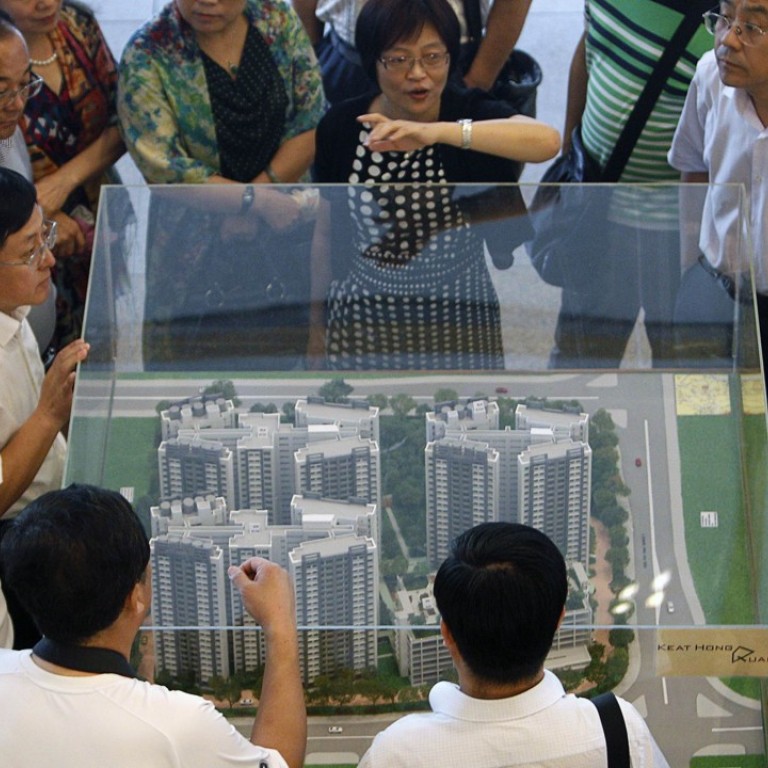
Singapore’s homeowners have 99 problems (and the lease is No 1)
As the oldest public housing flats near the halfway mark of their 99-year leases, owners grapple with the fear that what once seemed an astute investment now seems doomed to depreciation
Photographer Jeff Chouw, 41, lives in a public housing flat in Singapore that is as old as he is. But while that may sound quaint, the problem for Chouw is that with every passing year his lease is running out – along with the value of his property.
Singapore has long taken pride in its high home-ownership rates – of around 90 per cent – and its public housing scheme is so successful that flats can sell for more than S$1 million (US$720,000).
Singapore’s got a taste for Hong Kong cooking – and it’s coming back for more
But with the oldest flats nearing the halfway mark of their 99-year leases, many Singaporeans have been left fearing their investments will be for nothing when the homes return to the state.
In a country where 80 per cent of the population lives in public housing, such worries are hot-button issues with deep implications.
Units similar to the flat Chouw bought in 2015 for S$376,000 – a 700 sq ft unit upgraded with an additional utility room 11 years ago, when it turned 30 – now sell for between S$250,000 and S$308,000. If this depreciation continues, Chouw plans to “go to the ballot box and put in a vote for the other party”.
In a bid to address homeowners’ concerns, Singapore Prime Minister Lee Hsien Loong on Sunday used his National Day Rally address to announce three new housing measures. He said the government would upgrade more flats approaching their 30-year mark and upgrade flats again when they hit 60 – and it would also buy back some flats at the 70-year mark in a collective sale called the Voluntary Early Redevelopment Scheme (VERS).
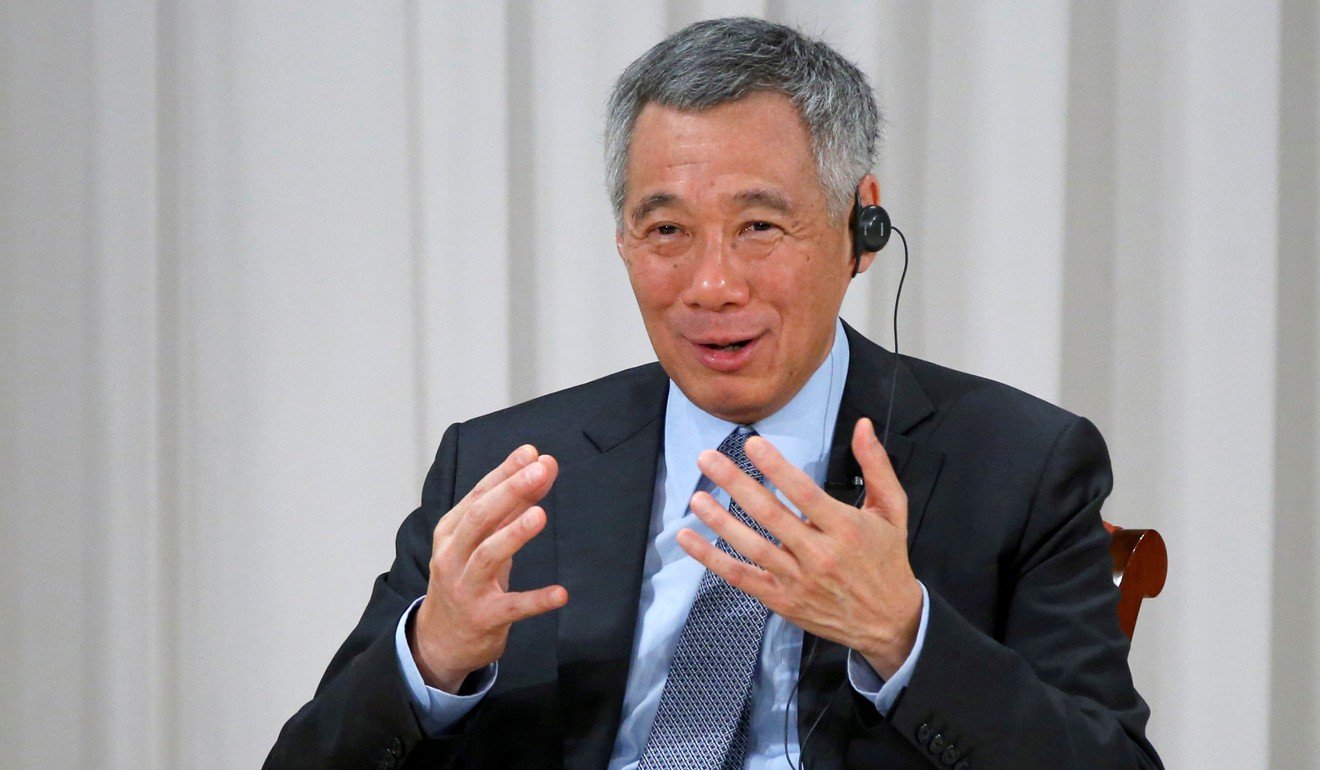
Industry watchers said the moves were aimed at encouraging people not to view flats as money-making assets and at reassuring owners of older flats.
“The prime minister is trying to make public housing stay relevant and shore up confidence in the public housing programme,” said Nicholas Mak of real estate consultancy ZACD Group.
The measures come on the back of heated debate sparked in March last year, when news reports on old flats selling for more than S$1 million prompted national development minister Lawrence Wong to say that not all old flats would be part of the Selective En bloc Redevelopment Scheme (SERS) – in which the government takes back blocks of old flats and offers owners a new replacement home with some monetary compensation for the inconvenience. Only 4 per cent of flats had qualified for SERS, he said.
Owners’ fears about expiring leases grew when in June the government confirmed it would take back land occupied by 191 private terraced houses in Eastern Singapore when their leases expire at the end of 2020.
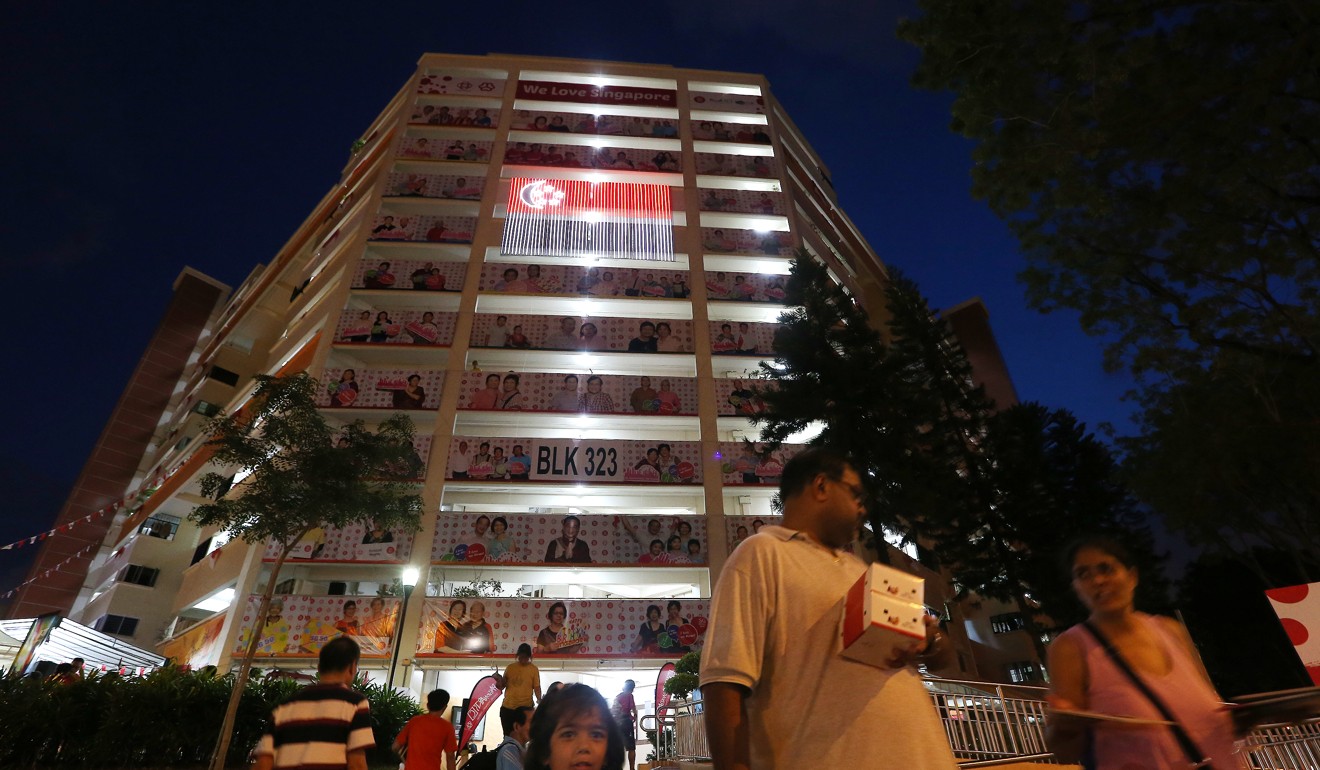
Such announcements have caused great concern among homeowners, many of whom might not previously have given a second thought to the length of the lease left on their flat.
Shaw Yong, a housing agent with 20 years’ experience, said the first question most buyers had these days regarded the age of the flat rather than its condition. About 70 per cent of his customers were put off by flats older than 30 years.
WHY THE FUSS?
Given that lease terms are clearly stated to buyers, why is there so much of a fuss all of a sudden?
Mak said it was because Singaporeans expected the government to take care of them. He pointed to former prime minister Goh Chok Tong’s tenure, when upgrades to flats – such as lifts that stop on every floor – were dangled as carrots for voting for the ruling People’s Action Party.
Singapore Management University law don Eugene Tan said the government had spent decades crafting a narrative that public housing held its value.
Tan Tarn How’s The Press Gang speaks an unprintable truth about Singapore
In his speech on Sunday, the prime minister highlighted how a resident who bought his flat 40 years ago at S$25,000 could now sell it for S$400,000 – “More if it is in a good location,” said Lee. “That is a huge appreciation.”
Tan said: “It’s a narrative that worked really well and one could argue that it perhaps led Singaporeans to forget that they will own a Housing and Development Board (HDB) flat for 99 years only and that at some point in time, the property will depreciate in value … It’s a very harsh reality check [and] it is a reality that is biting not just for flat owners but also biting for the government.”
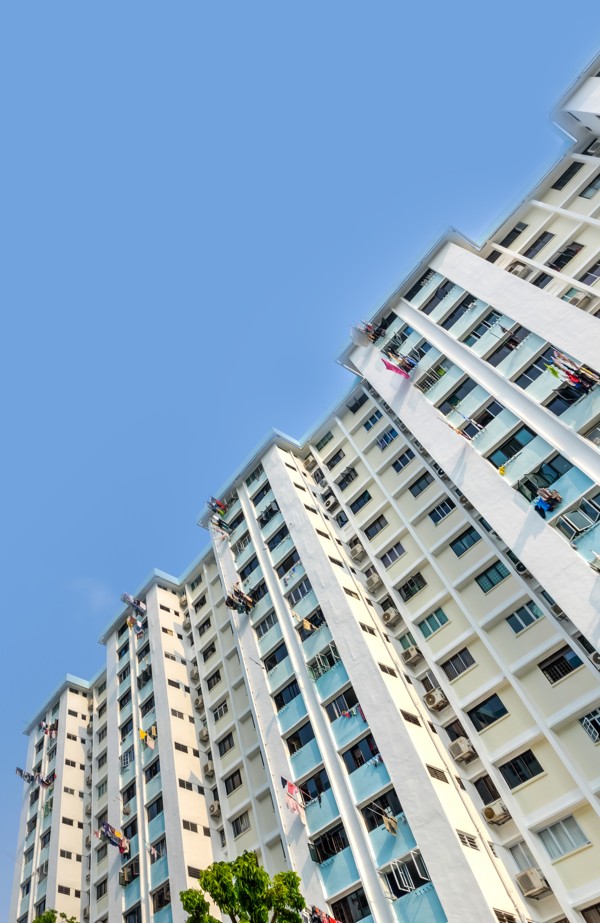
Singapore is not alone in grappling with the issue. China has a 70-year leasehold system and is drafting laws to let leases be renewed unconditionally. Hong Kong has automatically extended leases on some old properties, subject to an annual rent.
But Singapore is clear it will not be budging. “Ninety-nine years is a very long time,” said the prime minister. “This is the only way to recycle the land.”
National development minister Wong made similar comments in parliament in March, when he cautioned against automatic lease extensions for older HDB flats.
Sing Tien Foo, from the National University of Singapore’s department of real estate, said the next generation should not be deprived of land. “Reallocating the land resources is difficult, you cannot satisfy all the generations by extending the lease term. So the mindset has to change. When you buy for 99 years, this is the amount of time you can enjoy the place.”
Meanwhile, economist Walter Theseira from the Singapore University of Social Sciences said there were other ways to circulate property. “You can have a system of freehold where there’s still churn of property. With aggressive property taxes, people will not hold on just for property gains, they will sell if it is not worth holding on to.”
What most experts do agree on is that the government’s steps to address the issue ahead of time – the oldest public housing flats are about 50 years into their leases – is a positive thing.
Hong Kong and Singapore – separated at birth?
“It’s not simply verbal reassurances but they have schemes to retain value and to monetise leases. In that sense, it allays a lot of the fears and this is important so that people do not panic,” said Colin Tan from Suntec Real Estate Consultants.
Still, much depends on the details of the VERS scheme, and these are thin on the ground.
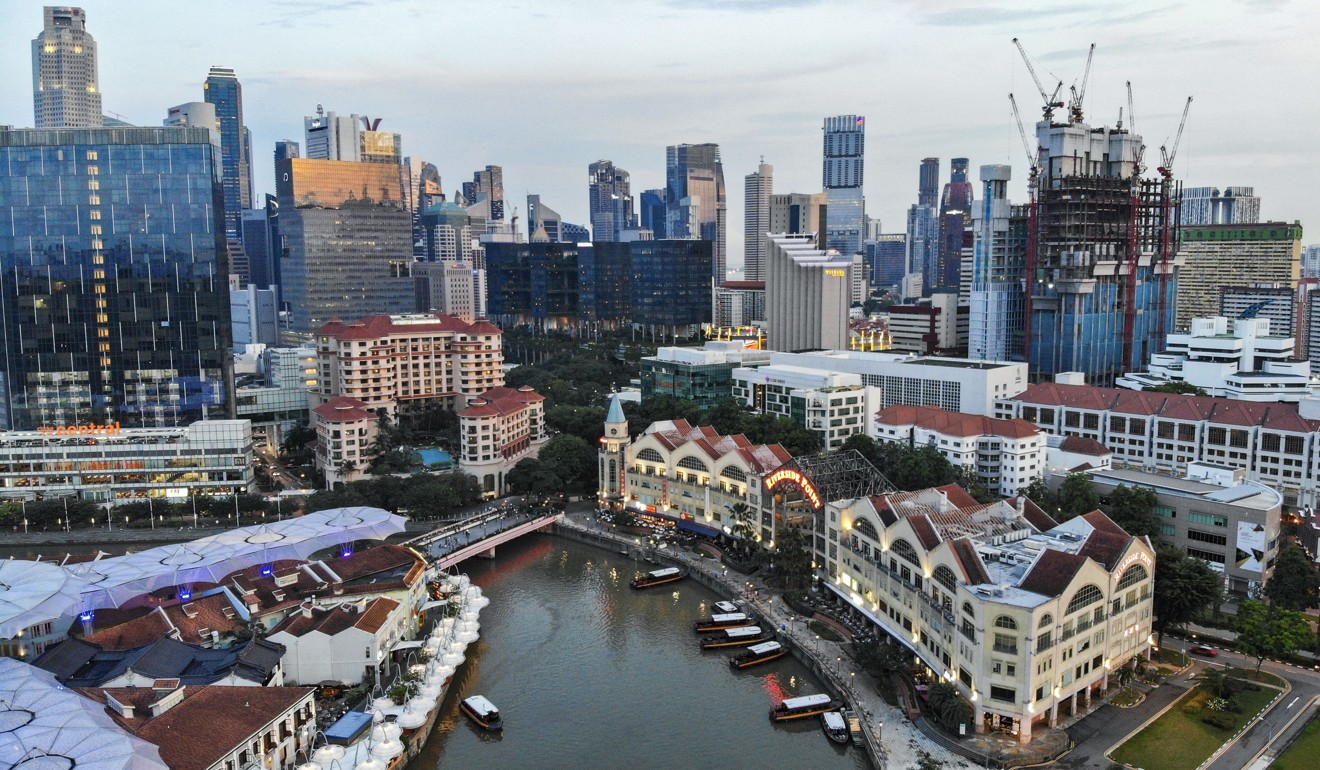
International Property adviser chief executive Ku Swee Yong said the new measures would only delay depreciation so owners of older flats could sell their homes after upgrading them. But homes would still depreciate in value as leases neared their end.
He said public housing should not be seen as an investment. “Use the correct term, stop using the word ownership and just say tenant,” he said.
Tan at SMU said: “It’s really now trying to manage expectations and getting people to adjust to the reality that may have been somehow submerged beneath the grand narrative of Singapore as a nation of homeowners and that flats are a good store of value and are appreciating assets.”
Even so, potential buyers such as trader Sam Lim, 36, feel a little reassured. He said VERS meant there was now a possibility of getting some return from an older flat.
“Your residual value at the end of the lease has gone from zero to something more than zero. So if the price is reasonable, I’d buy an older flat on the assumption that I’ll get nothing, but if I get to benefit from one of these schemes then it’s a bonus.”
Other owners, like Chouw, are less optimistic. He said he had not bought his flat as an investment, but did not want to end up with nothing. “I don’t intend to sell unless I’ve other plans – I get married or I leave the country. And we’re still not clear if VERS will take place, or if my neighbour would vote for it. There’s also no benchmark for what price the government would offer. I guess it’s a wait and see thing for now.”

